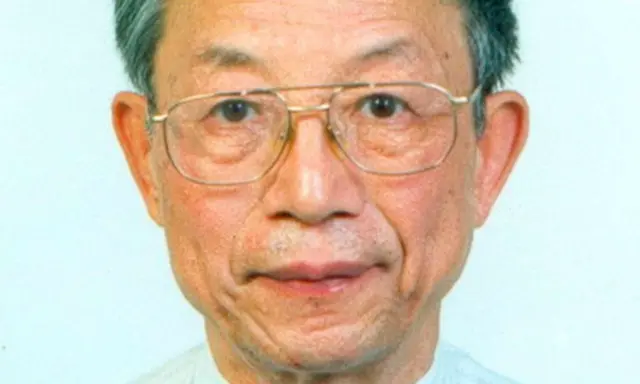Liu Shu-hsien penned several seminal studies on Neo-Confucianism and taught for a while at Chinese University
Liu Shu-hsien, a giant in the study of Neo-Confucianism and a researcher at the prestigious Institute of Chinese Literature and Philosophy at Academia Sinica in Taiwan as well as a former Chinese University lecturer, died in Taipei on Monday at the age of 82.
Neo-Confucianism is a moral, ethical and metaphysical philosophy influenced by Confucianism, and originated with Han Yu and Li Ao in the Tang Dynasty. It became prominent during the Song and Ming dynasties.
As a traditional way of thinking, Neo-Confucianism remains a vibrant force in Hong Kong, Taiwan and the mainland and in many overseas Chinese communities.
Liu was born in Shanghai in 1934. He came from a well-educated family and was well-versed in both Chinese and Western learning. He left for Taiwan in 1949 and graduated from the Department of Philosophy at the National Taiwan University in 1955, before obtaining a master of philosophy in 1958. In 1966, he earned a PhD from Southern Illinois University in the United States.
Liu taught at a number of universities including Tunghai University, Soochow University, the Chinese University in 1974 and Southern Illinois University.
Among his published works are Chinese Philosophy and Modernisation, Conversion and Reflections on Traditions – At Home and Abroad, The Contemporary Significance and Religious Import of Confucianism and Essentials of Contemporary Neo-Confucian Philosophy.
A well-respected scholar and thinker both in China and abroad, Liu is a prominent figure in the third generation of Neo-Confucians. He specialises in Chinese Confucianism, Song-Ming Neo-Confucianism and comparative Chinese and Western philosophical studies.
Liu advocated maintaining Confucian ideals while sparing no effort in expounding on the contemporary meanings of Confucianism.
Liu was described as the “Confucian of Communication,” who developed communication methods between different civilisations, especially between Confucianism and Christianity. Liu defined religious belief as ultimate concern shown towards mankind, while interpreting religious meanings in Confucianism from the perspective of contemporary religions.
Liu once said the philosophy of life in Confucianism was a truly unlimited view of life and would play a central role in the development of Chinese culture.
(SOUTH CHINA MORNING POST)
 简体中文
简体中文

